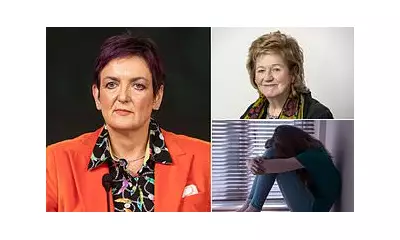
In a remarkable and deeply personal announcement that's making waves through royal circles, Lord Frederick Windsor has chosen to share his autism diagnosis with the world. The 48-year-old cousin of King Charles III is breaking new ground within the royal family by speaking openly about his neurodiversity.
A New Academic Chapter Begins
Alongside this significant personal revelation, Lord Frederick has announced he's embarking on an exciting academic journey. He's set to begin a PhD programme at the prestigious School of Oriental and African Studies (SOAS), part of the University of London, known for its world-class research and academic excellence.
Breaking Royal Barriers
This disclosure marks a pivotal moment in modern royal history, as Lord Frederick becomes one of the very few senior royals to publicly discuss being neurodivergent. His openness contributes to the growing conversation about autism awareness and acceptance in all walks of life, including within traditionally private institutions like the monarchy.
The royal, who is the son of Prince and Princess Michael of Kent, has often maintained a lower public profile compared to other members of the extended royal family. This makes his decision to speak out even more significant in challenging stereotypes and promoting understanding around autism spectrum conditions.
Academic Pursuits Meet Personal Growth
Lord Frederick's choice to pursue higher education at this stage of his life demonstrates a commitment to personal development that resonates with many. His PhD studies at SOAS will see him joining one of the world's leading institutions for the study of Asia, Africa, and the Middle East.
This dual announcement – both personal and professional – represents a powerful statement about living authentically while pursuing intellectual passions, regardless of one's position in life or family background.
A Step Forward for Royal Transparency
The disclosure comes at a time when the royal family has shown increasing willingness to discuss mental health and personal challenges. Lord Frederick's openness about his autism diagnosis follows in the footsteps of other royals who have advocated for mental health awareness, though his represents one of the first discussions specifically about neurodiversity within the senior royal ranks.
This courageous move is likely to be celebrated by autism advocacy groups and those working to promote greater understanding of neurodiversity in all sectors of society, including within traditionally conservative institutions.





